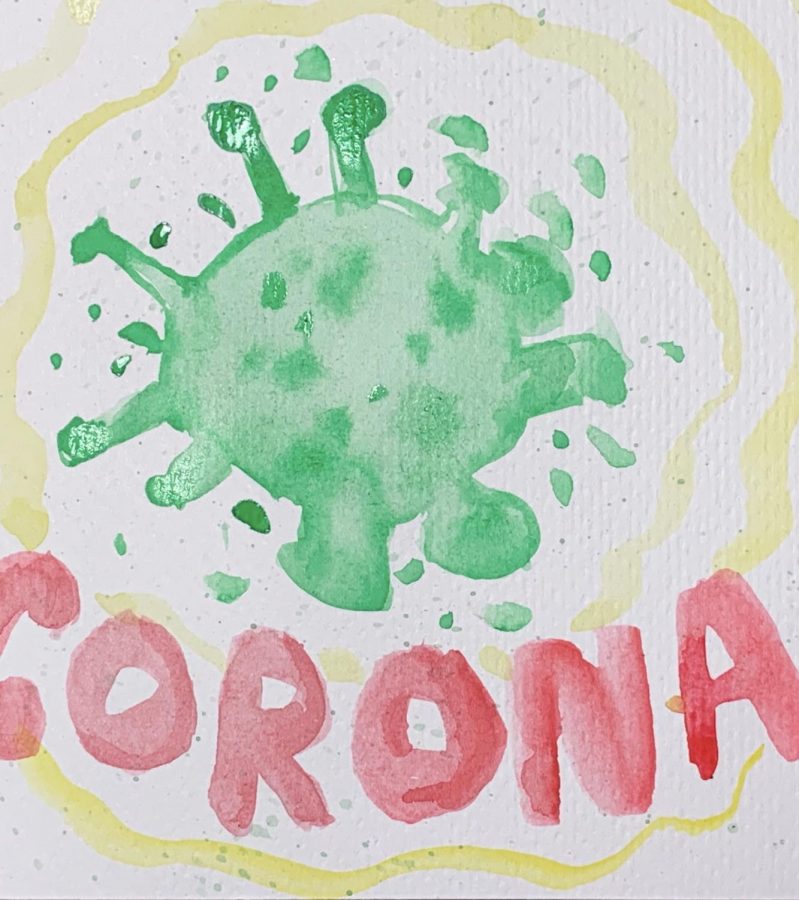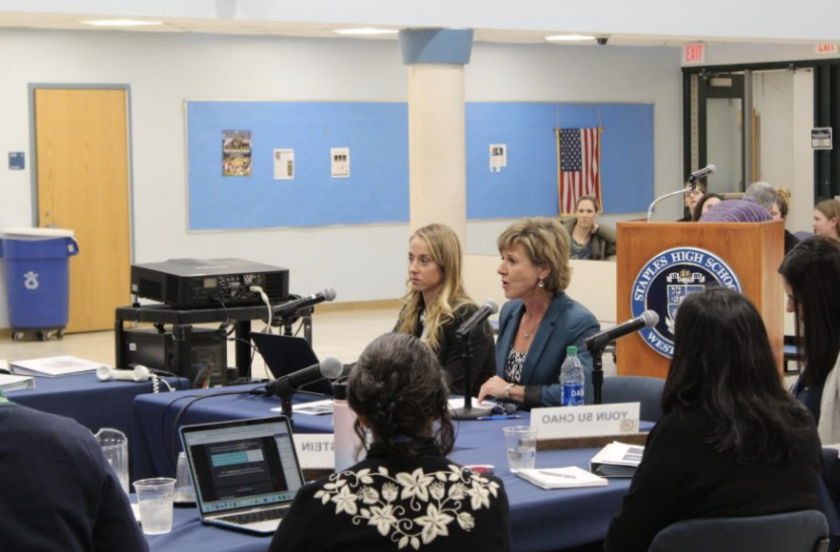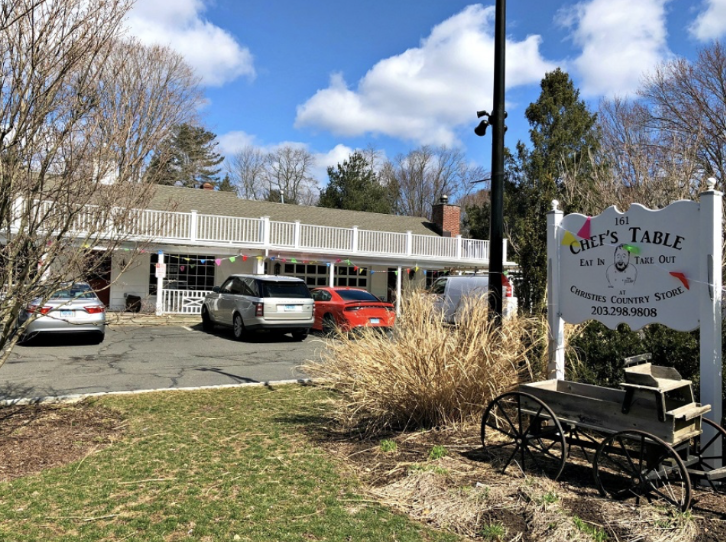Five months ago, Emily Ressler ’13 was diagnosed with Celiac disease which is an immune reaction to eating gluten, a protein found in wheat barley and rye.
Celiac (CD) is a genetic disorder that affects people’s ability to properly absorb food when they eat something containing gluten. Gluten triggers inflammation in the small intestine that damages the intestine’s lining and prevents absorption of important nutrients. If this happens for a long time (for example in someone with Celiac who doesn’t know it), vital organs are deprived of nourishment.
“I sometimes make it seem like some horrific life-threatening disease, and while it can cause varying degrees of damage after years, most of the symptoms are hardly noticeable—which is what makes it seem so hard to diagnose.”
However, it isn’t the limited diet Ressler has a problem with, her problem is when she talks about it, very few people outside of her family knows what she is talking about.
As soon as Ressler was diagnosed, she took it upon herself to learn as much as she could about the disease and what treating it would entail. Once she learned the gluten-free lifestyle she wanted to share this information with others.
“What was most shocking to me was that once I knew I had Celiac I started realizing that getting a stomachache after you eat bread or pasta or pastry wasn’t normal. I had no idea that a gluten-free lifestyle would make me feel so much better.”
Then she came up with the idea of creating a club. At first she was worried no one would be interested. Then while she was walking in the hallway, talking about the idea of a gluten free club, the person in front of her turned around and said he was a Celiac and loved the idea of a club.
“After that, I was excited to start!” Ressler added.
Another driving factor behind the club was that, according to Celiac.com, about 1 in 133 Americans have Celiac yet only 1 in 4,700 knows it.
Ressler only found out she had Celiac when father was diagnosed, and she fortunately was able to cut out gluten before she caused any serious damage to her body.
“It made me realize that the rest of the world isn’t as fortunate as I am, and they might not know they are harming their bodies every time they grab a bite to eat,” Ressler said.
The main goal of the club is to promote awareness of gluten intolerances, something that unfortunately Staples cafeteria does not accommodate yet.
After Ressler was diagnosed, she still tried to eat lunch at school, but found herself limited to salads.
Gluten can be found in wheat, barley, and rye, key ingredients in the food served Staples Cafeteria.
“I was amazed when I realized that there are (to my knowledge) 8 different breads offered at Staples, yet none of these breads are gluten-free,” explained Ressler.
This realization gave Ressler the idea and determination to make the first major goal of the club getting a gluten free bread option in the cafeteria. This gives anyone who lives gluten-free more opportunity to eat healthfully at school.
“So far I’ve spoken to the Staples Chartwells manager about possible options. I’m also hoping that with more awareness, the demand will be greater and change will follow.”
The club currently called “Gluten Intolerances and Sensitivities Awareness Group” (GIASAG) meets on Mondays in the health area. If you want to join message Emily Ressler on Facebook or look for the open Facebook group.
“You don’t have to have a gluten intolerance or sensitivity to join. A lot of people cut out gluten by choice! Furthermore, to join you only need to have an interest in dietary restrictions and enjoy food!”





















































